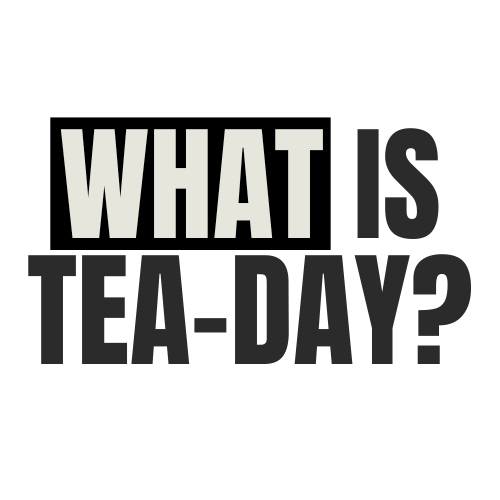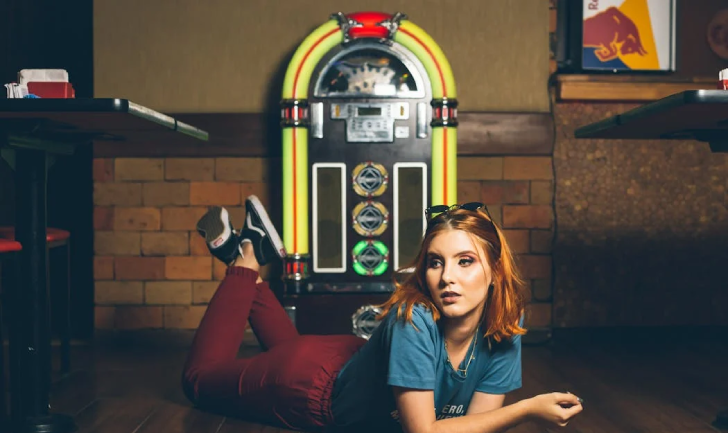Jukebox Day
National Jukebox Day is celebrated on the day before the American Thanksgiving each year. This day honors the jukebox, an iconic symbol of music history, social gatherings, and entertainment. It recognizes the jukebox’s role in transforming how people experience music in public spaces. National Jukebox Day is a fun occasion to reflect on the joyous moments that music brings and to celebrate the legacy of the jukebox in popular culture.

History of the Jukebox
Invention: The first coin-operated music-playing device, known as the “coin-operated phonograph,” was patented by Louis Glass in 1889. However, the term “jukebox” became popular in the 1940s.
Evolution: Jukeboxes developed from mechanical machines that played 78 RPM records to more advanced versions that could play vinyl, then tapes, and eventually digital music.
Cultural Significance: Jukeboxes became a staple in diners, bars, and music venues, especially during the 1950s and 1960s. They played a crucial role in the popularity of rock ‘n’ roll and contributed to the social culture of music enjoyment.
How to Celebrate National Jukebox Day
Listen to Jukebox Favorites: Create a playlist of songs that you would typically find on a jukebox. Include classics from various genres and decades.
Visit a Jukebox: If you have access to a diner or bar with a jukebox, take the opportunity to enjoy some food while selecting your favorite songs.
Host a Retro Party: Organize a party where guests can share their favorite jukebox songs. Set up a digital jukebox or a music playlist to recreate the jukebox experience at home.
Learn About Jukeboxes: Research the history and impact of jukeboxes on music culture. Consider visiting a local museum or exhibition that features vintage jukeboxes.
Share on Social Media: Post about your favorite jukebox songs or memories on social media, using hashtags like #NationalJukeboxDay to connect with others celebrating the day.
Create Jukebox Art: If you’re artistically inclined, consider making artwork inspired by jukeboxes, music, or the era they flourished in.
Fun Facts
The first modern jukebox was introduced in the 1930s, and this led to a significant increase in the popularity of public music-playing devices.
Jukeboxes have evolved to include digital systems that can store thousands of songs, allowing users to create their own playlists.
Jukeboxes often played a pivotal role in the music revolution of the mid-20th century, providing exposure for emerging artists and bands.


